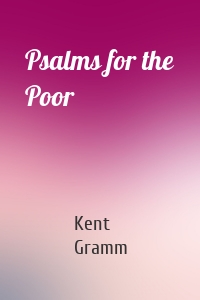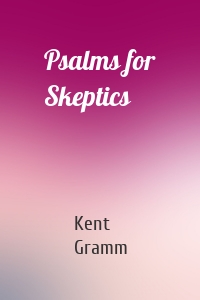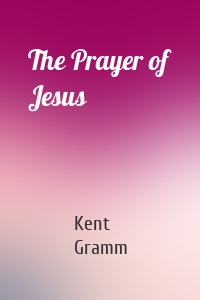Kent Gramm
3 кн.
Psalms for the Poor
Psalms for the Poor talk back to the blunt and beautiful phrases of the King James Bible. Sometimes personal, sometimes political, the original Psalms complain, question, curse, and adore: «Why do the wicked prosper?» «When I consider the moon and the stars,» «My God, my God, why have you forsaken me?» «The Lord is my shepherd,» «But I am poor and needy.» Luther's last words were, «We are beggars.» These poems are for the world's poor, and for the pauper in each of us.
| Автор | Kent Gramm |
Psalms for Skeptics
Sparked by phrases from the book of Psalms, these poems question and occasionally affirm our everyday ideas about life, mortality, the afterlife, God, family, and belief. In vigorous contemporary language–complaining, lamenting, and wisecracking on everything from Job's wife to baseball, crows to angels, circus elephants to Mary Magdalene–but in traditional form, these sonnets, or little songs, «speak what we feel, not what we ought to say.»
| Автор | Kent Gramm |
The Prayer of Jesus
This unique phrase-by-phrase exposition reads the Lord's Prayer as Jesus' description of God. Our heavenly Father is the perfect parent beyond our dreams who loves, provides, forgives, and ultimately protects. Finding our parent, we discover who we really are and enter a kingdom without boundaries. The Prayer of Jesus is not a somber duty; it is the essence of the gospel's happy news. «If laughter is forbidden in heaven,» said Martin Luther, «I don't want to go there.»
| Автор | Kent Gramm |




